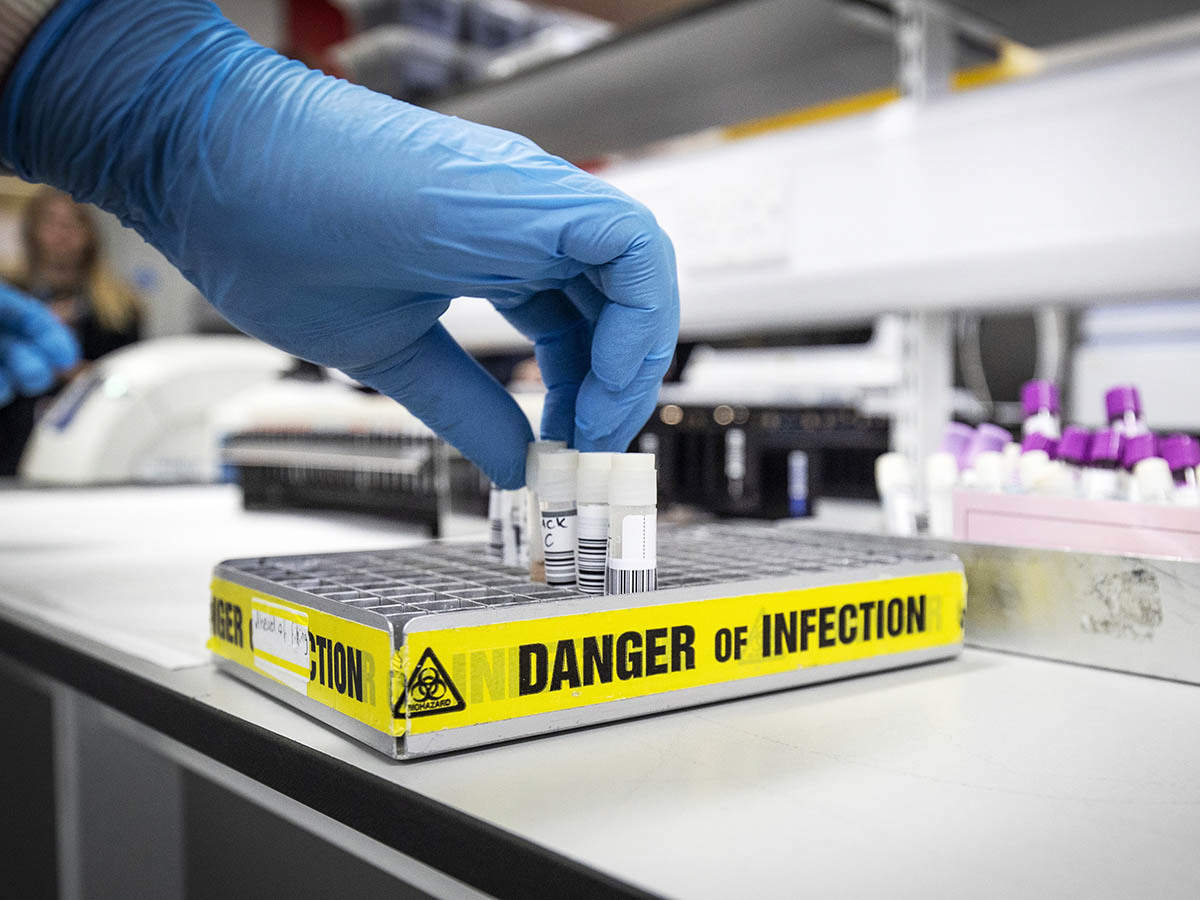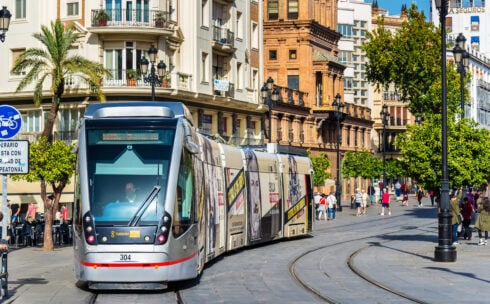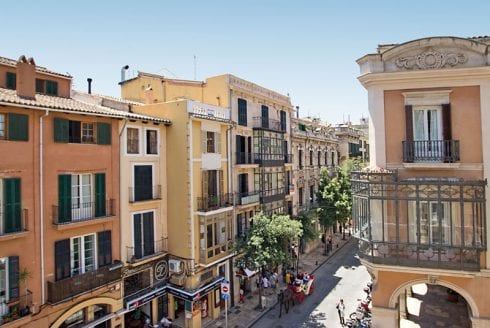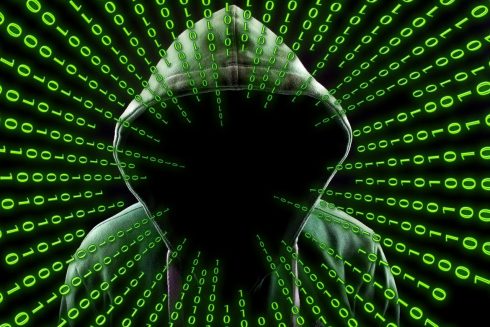LEAKED official documents have revealed the true cost of Spain’s faulty COVID-19 testing kit debacle.
Obtained by Spanish newspaper El Mundo, the papers show how Spanish health services were left desperately short on accurate means of coronavirus detection.
The situation stems from an order placed by Pedro Sanchez’s coalition government for rapid testing kits from unlicensed Chinese Medical Company Shenzhen Bioeasy Biotechnology through the Chinese Ministry of Health.
The initial order was revealed to be 640,000 individual units but on March 21, when the first delivery of 9,000 kits failed to meet medical requirements, the remainder of the order was halted.
This left the government, led by Health Minister Salvador Illa to quickly explain how such a mistake could have happened.
European medical regulations state that a virus testing kit must meet a very strict standard of 80% accuracy for it to be deemed viable, and meet CE and TUV standards before it can be sold in the EU.
The Chinese kits, although advertised as over 90% accurate, were discovered to be only 20%-30% accurate, meaning they were next to useless in detecting early signs of the virus.
In the newly-revealed documents, the total cost of the order was a whopping €17.1 million, with the initial batch of 9,000 being valued at €6.98 million.
Although the total price wasn’t transferred, the government is desperately seeking a refund for the nearly €7 million paid to Inter Pharma, the intermediary for Bioeasy Biotechnology.
Opposition parties PP and Unidas Podemos are demanding answers from the government after it was revealed by the Chinese Embassy in Madrid on Twitter that before the order was placed, a list of certified companies was given to the Ministry of Health, of which Shenzhen Bioeasy Biotechnology was not one of them.
Its statement read: “The Chinese Ministry of Commerce offered Spain a list of certified providers, which did not include Shenzhen Bioeasy Biotechnology.
“Shenzhen Bioeasy Biotechnology has not yet been licensed by the Chinese National Medical Products Administration to sell its products.”
In the letter sent to Inter Pharma, the Ministry of Health is arguing that the kits were ‘not fit for the intended purpose’ and that as Inter Pharma is solely responsible for the organisation of the purchase, it is required to return the €7 million, as a repair or replacement of the items is not sufficient.
In a press release addressing the governments request, Inter Pharma defended its sale, claiming that the company’s ‘sole objective has been to offer a product that could be useful in the early detection of COVID-19.’
It goes on to insist that the company through which these tests were acquired, Shenzhen Biotechnology, had at the time of the license agreement to export its products, the CE marking and the TÜV certificate that allow their marketing and sale in the European Union.
Click here to read more Spain News from The Olive Press.








